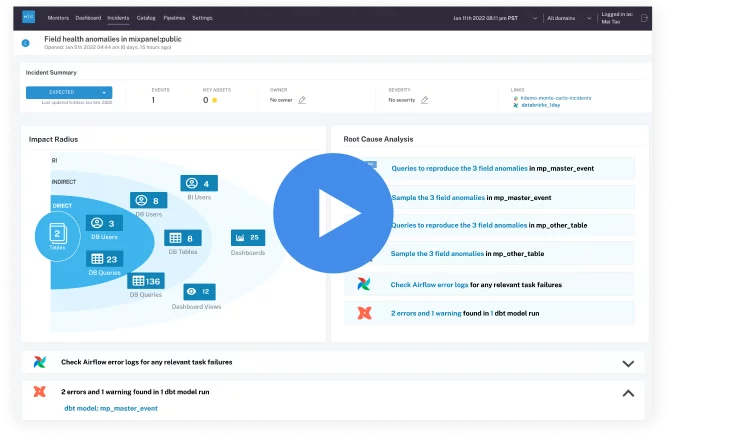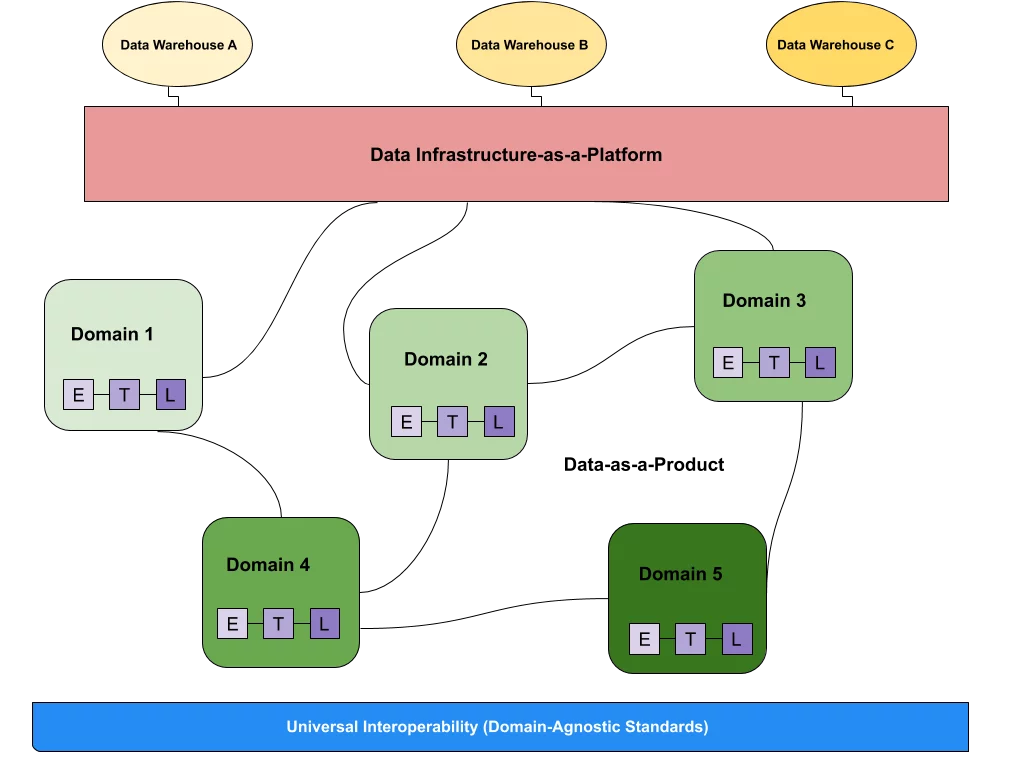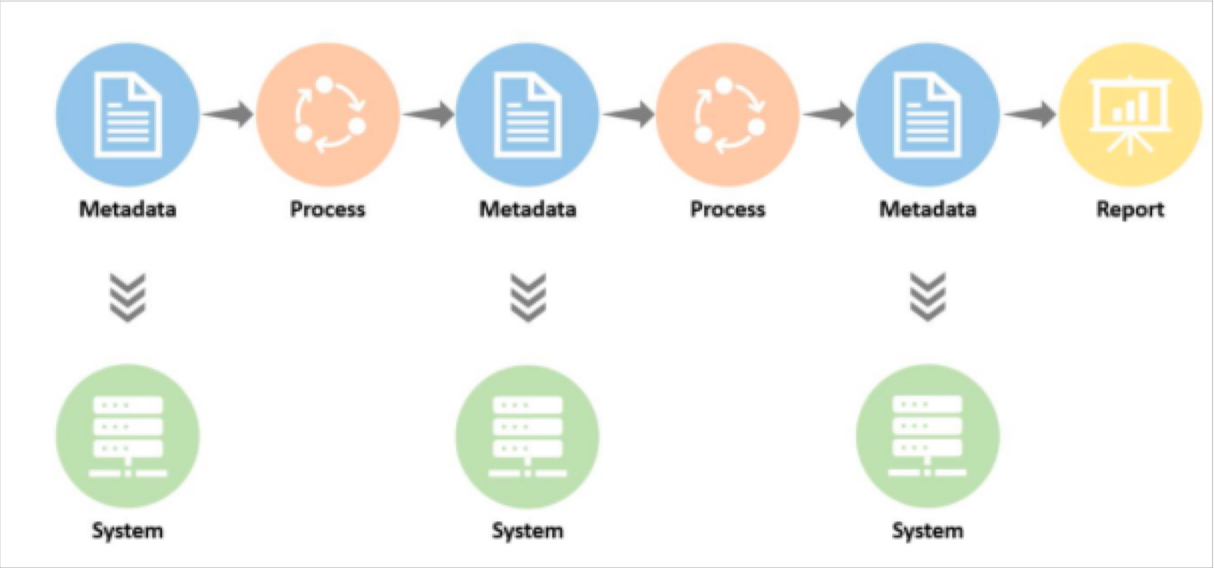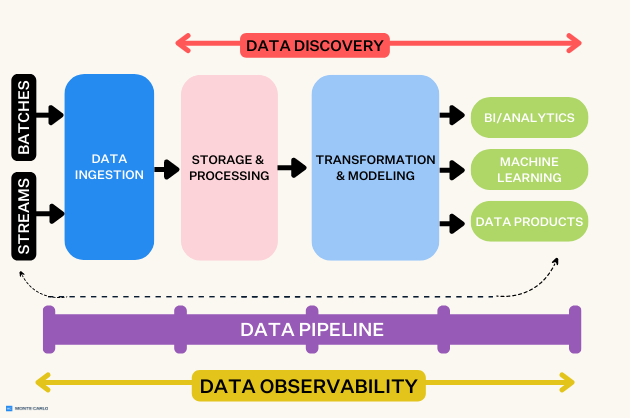Data Products Monetization Strategies from 5 Leading Data Teams

The first step in data products monetization is understanding the workload or use case. Once you zero in on what specific pain your data product solves, only then can you explore ways to monetize it. And there’s much to explore.
The most common data product monetization strategies are data analytics, machine learning models, exporting data into a SaaS product, and selling data by itself. Let’s look at examples of well-known companies using these data products monetization strategies, including PepsiCo, JetBlue, Fox Networks, Credit Karma, and Checkout.com.
Table of Contents
PepsiCo

As the second largest food and beverage company in the world, PepsiCo products are enjoyed more than one billion times a day in more than 200 countries. Each of these billion brand interactions creates opportunities to ingest and leverage new data.
In this case, the data product is analytics reports for their teams. PepsiCo monetizes this with analysts who pore over the data to improve decision-making and reduce operational costs.
JetBlue

With over 1,000 flights per day to over 100 destinations, JetBlue has 3,400 analyst-facing tables and views across the company.
Internal reporting and analytics is the data product here, and their data products monetization comes from their analysts, who use all this data to reduce schedule disruptions and improve capacity and revenue management.
Fox Networks

Building indelible entertainment experiences requires an ocean of data. Think advertising strategies, media production, partner programming, audience analytics, and more.
At Fox, analytics is the data product that keeps their premium entertainment empire humming. Their data team operationalizes their data products monetization via better content personalization, ad placement, partner collaborations, and operational efficiency. It’s a key reason why, among 18- to 34-year-olds, Fox has ranked among the top two networks in primetime entertainment for the past 23 years.
Credit Karma

Credit Karma is best known for providing credit scores to millions of consumers — but the fintech platform also delivers support for finding financial products like identity monitoring, insurance, checking accounts, saving accounts and loans. The recommendation engines that power those experiences rely on a massive amount of data.
The training data used to deliver these recommendations as well as the data their LLMs pull from to power reliable member experiences are Credit Karma’s data products. They monetize by receiving a commission when Credit Karma successfully recommends customers who are approved for a product.
Checkout.com

Checkout.com is a payment processing and revenue optimization platform. Data is key to unlocking business success for their customers and payment analytics is their data product.
They monetize by selling tools that allow merchants to accept global payment processing and the dashboards to analyze it.
Reliable data forms the backbone of a reliable revenue stream
Maintaining the health of your data throughout its lifecycle is crucial for anyone looking to monetize data products effectively.
It’s no surprise then that every company mentioned above uses data observability platform Monte Carlo. By implementing data observability, they gain a comprehensive view of their data’s health and performance, enabling them to identify and address issues before they impact the business.
In short, here’s why investing in data observability is essential for successful data monetization:
- Data Quality and Reliability: Observability provides continuous insight into data quality, which is essential for creating reliable products that deliver consistent value to customers.
- Operational Efficiency: With real-time monitoring and diagnostics, companies can quickly address and rectify data issues, minimizing downtime.
- Improve Decision Making: Comprehensive visibility into data systems allows businesses to make informed decisions about which data to capitalize on and how best to adjust monetization strategies.
- Compliance and Security: Ensuring data meets regulatory standards is critical. A data observability tool helps maintain compliance by providing a clear audit trail of data handling and usage.
- Enhance the Customer Experience: By understanding how data flows and functions within your products, you can identify opportunities for improvement, enhancing user engagement.
Discover firsthand the power of Monte Carlo in ensuring your data products are accurate, dependable, and profitable. Request a demo today.
Our promise: we will show you the product.
 Product demo.
Product demo.  3 Steps to AI-Ready Data
3 Steps to AI-Ready Data  What is a data mesh--and how not to mesh it up
What is a data mesh--and how not to mesh it up  The ULTIMATE Guide To Data Lineage
The ULTIMATE Guide To Data Lineage 




